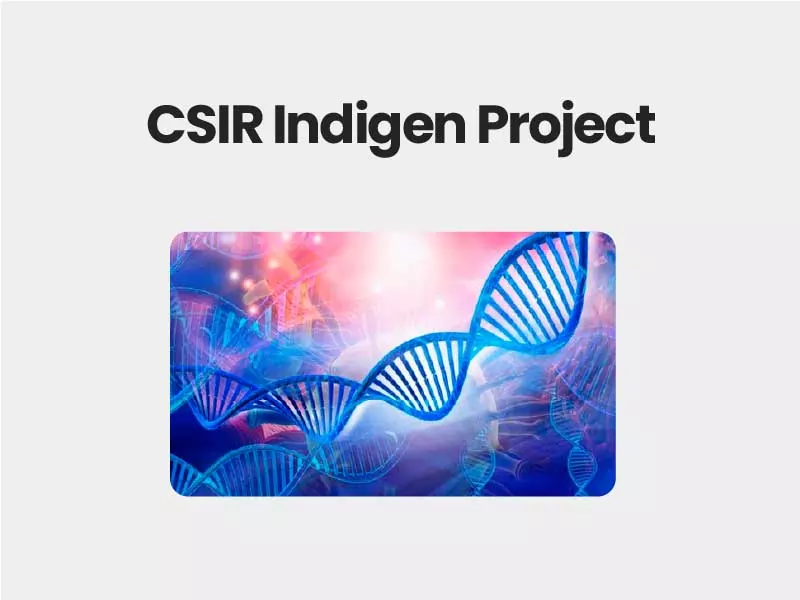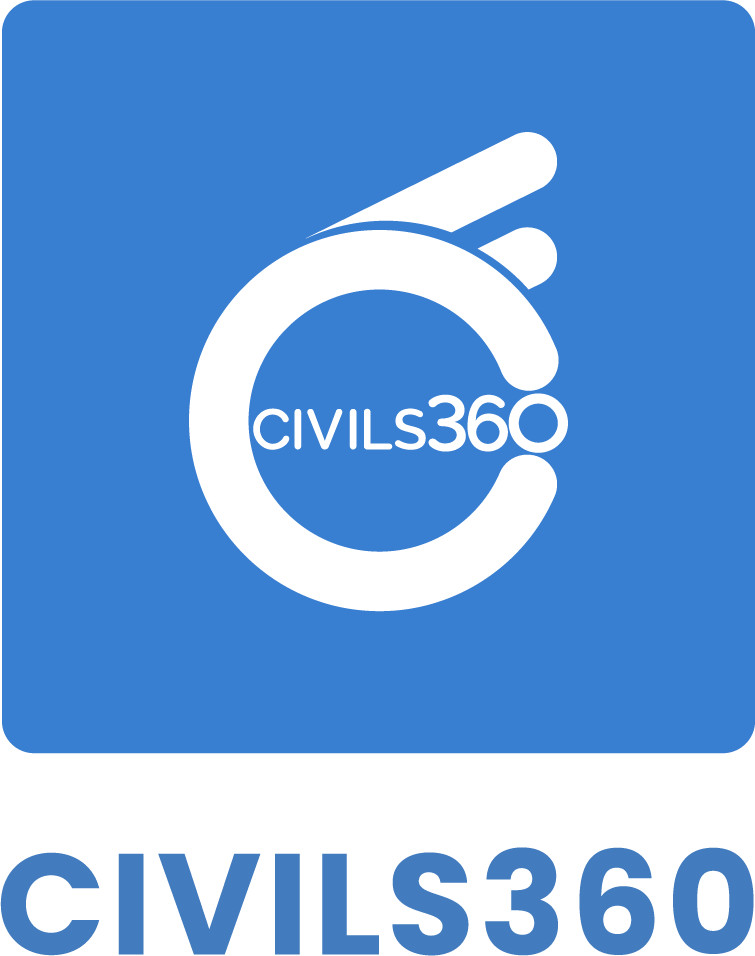
CSIRs Indigen Project
It was implemented by the CSIR-Institute of Genomics and Integrative Biology (IGIB), Delhi and CSIR-Centre for Cellular and Molecular Biology (CCMB), Hyderabad.
This has enabled benchmarking the scalability of genome sequencing and computational analysis at population scale in a defined timeline.
The ability to decode the genetic blueprint of humans through whole genome sequencing will be a major driver for biomedical science.
Benefits:
- Epidemiology of genetic diseases to enable cost effective genetic tests.
- Carrier screening applications for expectant couples.
- Enabling efficient diagnosis of heritable cancers.
- Pharmacogenetic tests to prevent adverse drug reactions
Need for genome sequencing:
Genome sequencing is figuring out the order of DNA nucleotides, or bases, in a genome—the order of As, Cs, Gs, and Ts that make up an organism’s DNA. The human genome is made up of over 3 billion of these genetic letters.
- The outcomes of the IndiGen will be utilized towards understanding the genetic diversity on a population scale, make available genetic variant frequencies for clinical applications and enable genetic epidemiology of diseases.
- It is important to ensure that India, with its unparalleled human diversity, is adequately represented in terms of genomic data and develops indigenous capacity to generate, maintain, analyse, utilize and communicate large-scale genome data, in a scalable manner.
Contributions:
- To understanding the “Indian Genome Variation”.
- Pioneering collaborations in genomics has been fostered by CSIR both nationally and internationally.
- The first personal human genome in India and in understanding ancestral population in India and early migrations that led to what we know today on distinct ethnic groups.
- CSIR also pioneered the application of genomics in clinical settings in the area of rare genetic diseases in India by means of DNA/Genome based diagnostics and interaction with large number of clinical collaborators.
Applications:
- CSIR conducts Whole Genome Sequencing of over 1,000 Indians for Biomedical Applications.
- predictive and preventive medicine with a faster and efficient diagnosis of rare genetic diseases.
- The whole-genome data and know-how for the analysis of largescale genomic data is expected to enable evidence and aid in the development of technologies for clinical and biomedical applications in India.
Conclusion:
- The IndiGenome card and accompanying IndiGen mobile application that enables participants and clinicians to access clinically actionable information in their genomes.
- It ensures privacy and data security, which is vital for personal genomics to be implemented at scale.
- This is being pilot tested in individuals across India and has evinced interest from several Indian commercial organisations.
Read Also Budget 2022-2023
Enroll today with the best civils service academy and take your first step towards your Civils journey. Feel free to reach out to us for any inquiries, collaborations, or support. We’re here to help.

